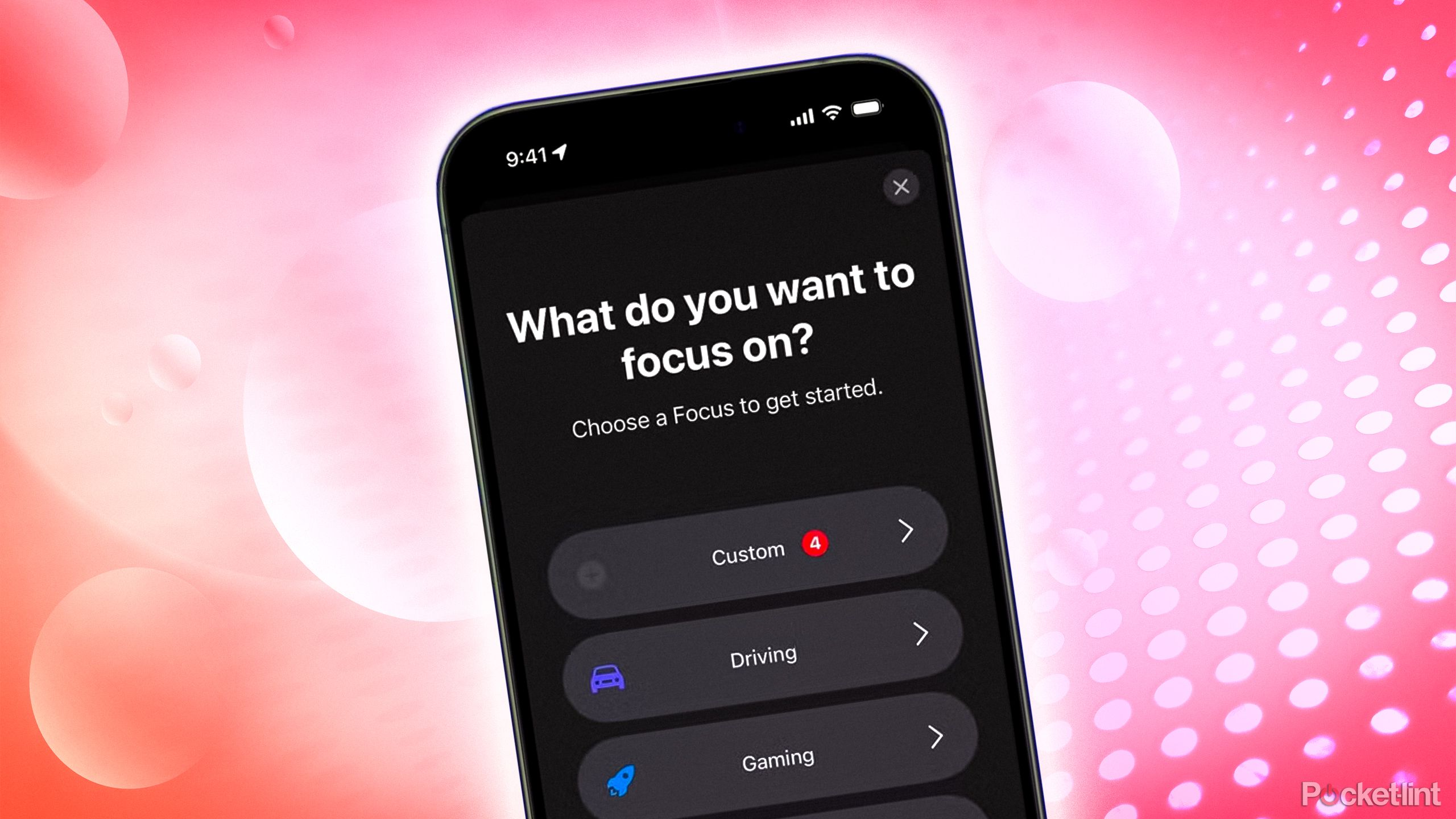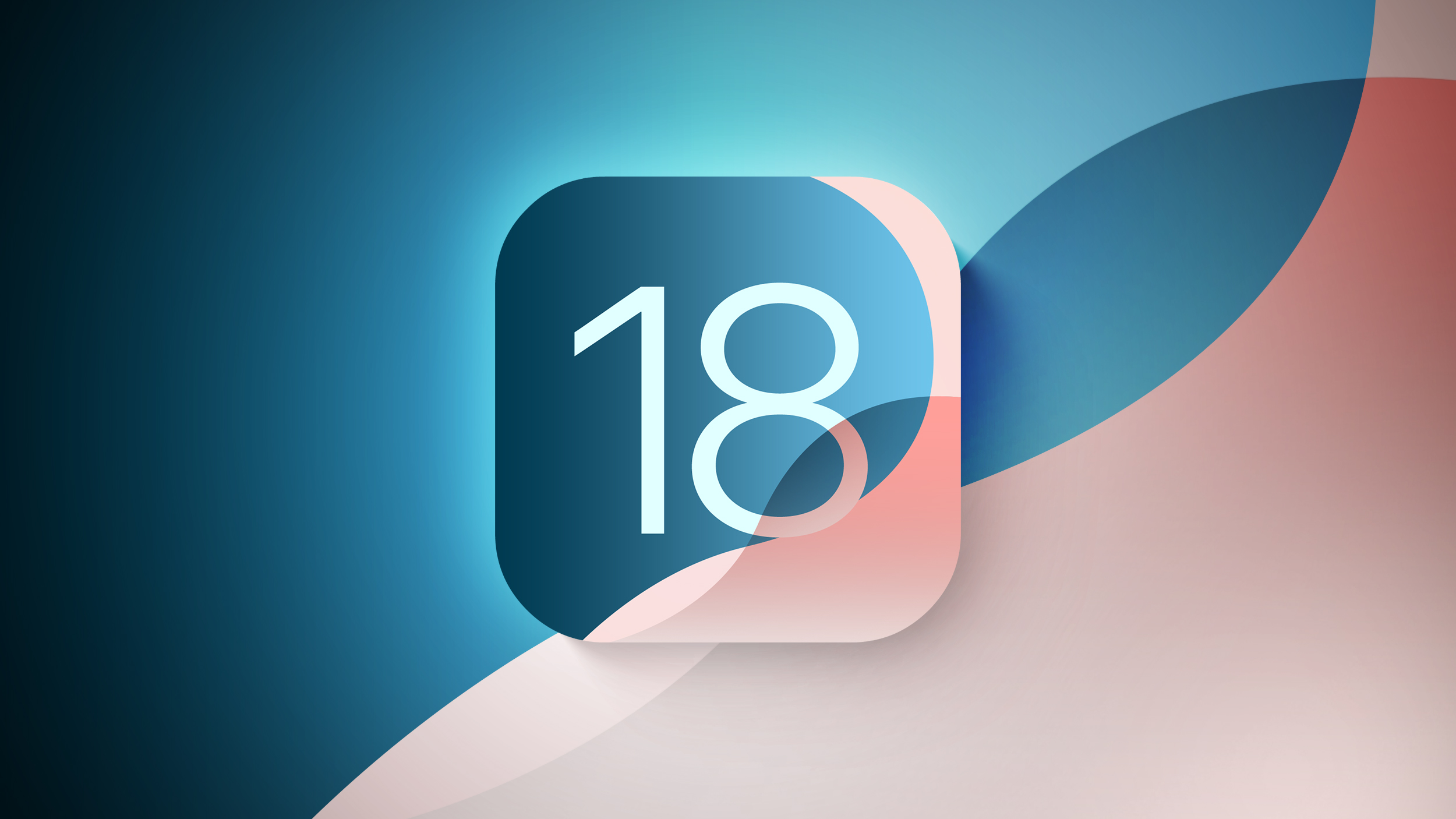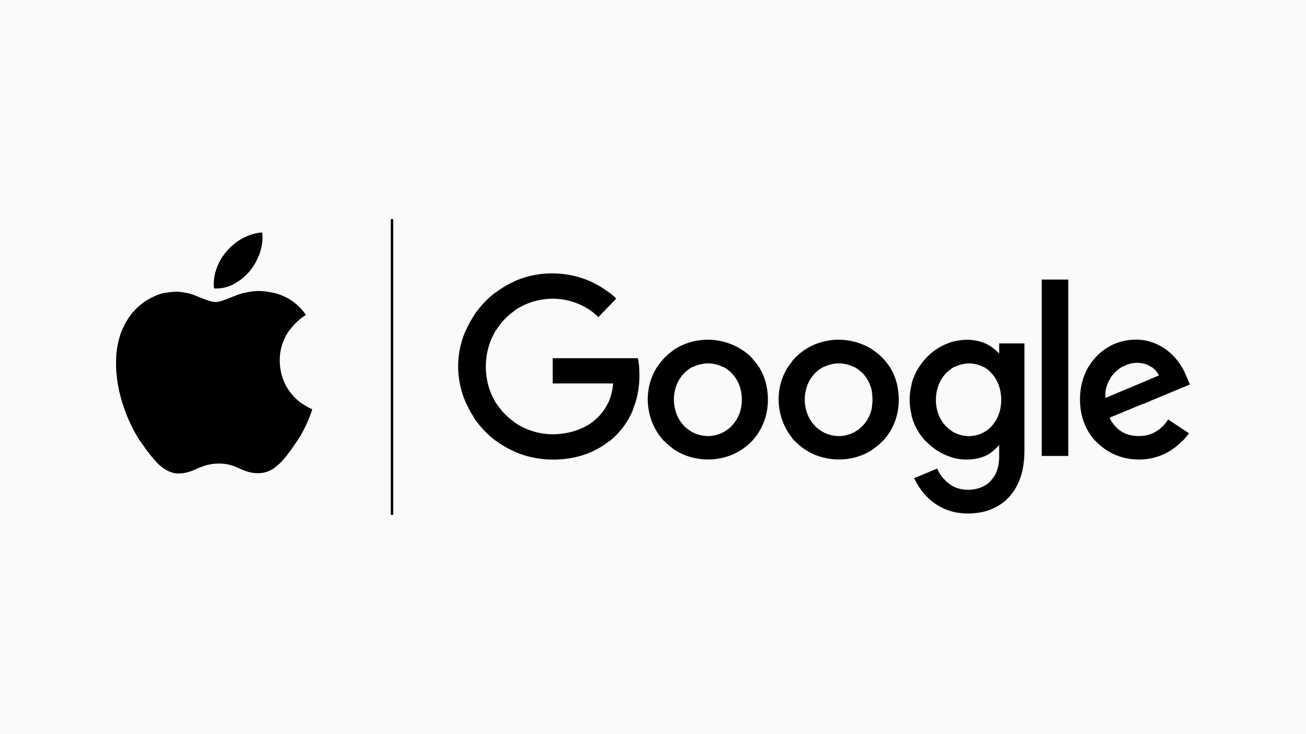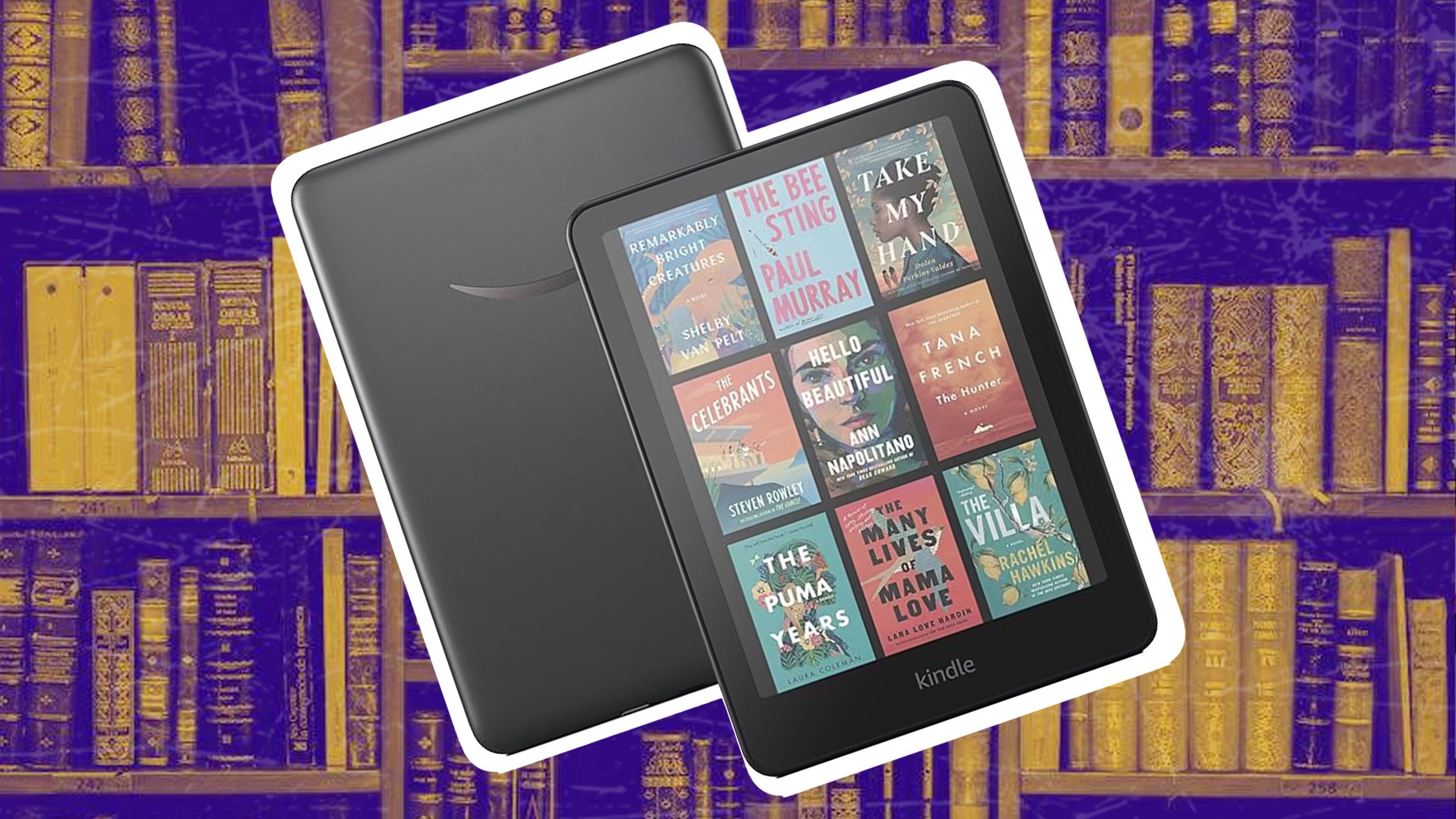Google Pixel 8 Pro’s big free upgrade is about to make your videos look way better
Google introduced us to its latest Pixel 8 and Pixel 8 Pro smartphones back at its Made By Google event in early October, and one of the standout features that 8 Pro users were told they’d have to wait for – Video Boost – finally arrives this month.
In a teardown of the latest Google Photos APK (Android Package Kit – the collection of files that make up an Android app) as spotted by Android Authority, there are signs suggesting Video Boost is just around the corner; it’s set to arrive later this month as part of the next Feature Drop for Google’s Pixel phones.
(Skip to 43:53 of the keynote video below to learn more about Video Boost)
During the launch, Google’s Director of Product Management, Shenaz Zack Mistry described Video Boost as a “new form of video processing” that relies not only on the Pixel 8 Pro’s native machine learning and image processing – powered by its Tensor G3 chipset – but also draws on Google’s cloud computing might too.
The way Video Boost is intended to work is that you switch the feature on before shooting video, then once your video is captured (at up to 4K resolution), you’ll immediately have access to a local version that’s processed on-device. Simultaneously, the same footage is also sent to Google’s servers, where the HDR Plus imaging pipeline that the phone typically only applies to photos, is applied to every frame of video, before the newly-processed clip is then sent back to your phone with a Video Boost label applied.
(Image credit: Google)
As explained by Mistry during the launch, “for a one-minute video at 30 frames per second, that’s the same as processing 1,800 photos.” It’s this scale of processing that justified why Video Boost footage needs to be handled off-device; even with the enhanced power of the Pixel 8 series’ Tensor G3 chip, asking it to handle so much media while still powering everything you expect from your smartphone would likely bring it to a grinding halt.
Perhaps more than the increased dynamic range and enhanced colors and contrast that Video Boost promises, users will appreciate the improvement to low-light video recording that comes as part of the update. Night Sight is the Pixel brand’s impressive low-light photography mode and the off-device processing also means that the Pixel 8 Pro becomes the first in the series to boast Night Sight Video capture. Mistry claims that the results should amount to nothing short of “the best low-light video on any smartphone,” so we’re excited to try it out for ourselves.
Night Sight video off / on (Image credit: Google)
Night Sight video off / on (Image credit: Google)
The APK inspection suggests that videos will need to be backed up before Video Boost can be applied but that users might also be able to send clips off for processing after capture. Supported file formats include AVC (more compatible across devices) or HEVC (better file size versus quality at the expense of compatibility), but there may be more options available to users by the time the feature arrives.
Why is Video Boost for Pro Pixels only?
While we wait for Video Boost (within its respective December Feature Drop) to arrive, there is a question mark over why this remains a Pixel 8 Pro-only feature and whether it’ll trickle down to the standard Pixel 8 an indeed older entries in Google’s Pixel smartphone family.
The Pixel 8 Pro unquestionably has some of the most advanced photographic hardware and capabilities the series has ever seen. But it’s still unclear why some features – like Pro mode (in-depth manual controls) – are an exclusive, while other new additions – like Magic Editor (which also relies on off-device processing, like Video Boost) – work across both the Pixel 8 and 8 Pro.
With an almost identical main 50MP camera and the same Tensor G3 chipset, it’s not a hardware limitation that prevents the standard Pixel 8 from being able to shoot Video Boost-worthy footage, so it’s presumably just arbitrary distinction made by Google to help differentiate the Pixel 8 Pro and justify its larger price tag.
You might also like
The Google Pixel 8 Pro just got a big AI update – the AI Core app explainedGoogle Pixel 8 Pro review: Making more out of your phoneGoogle Pixel 8 review: Full of surprises




